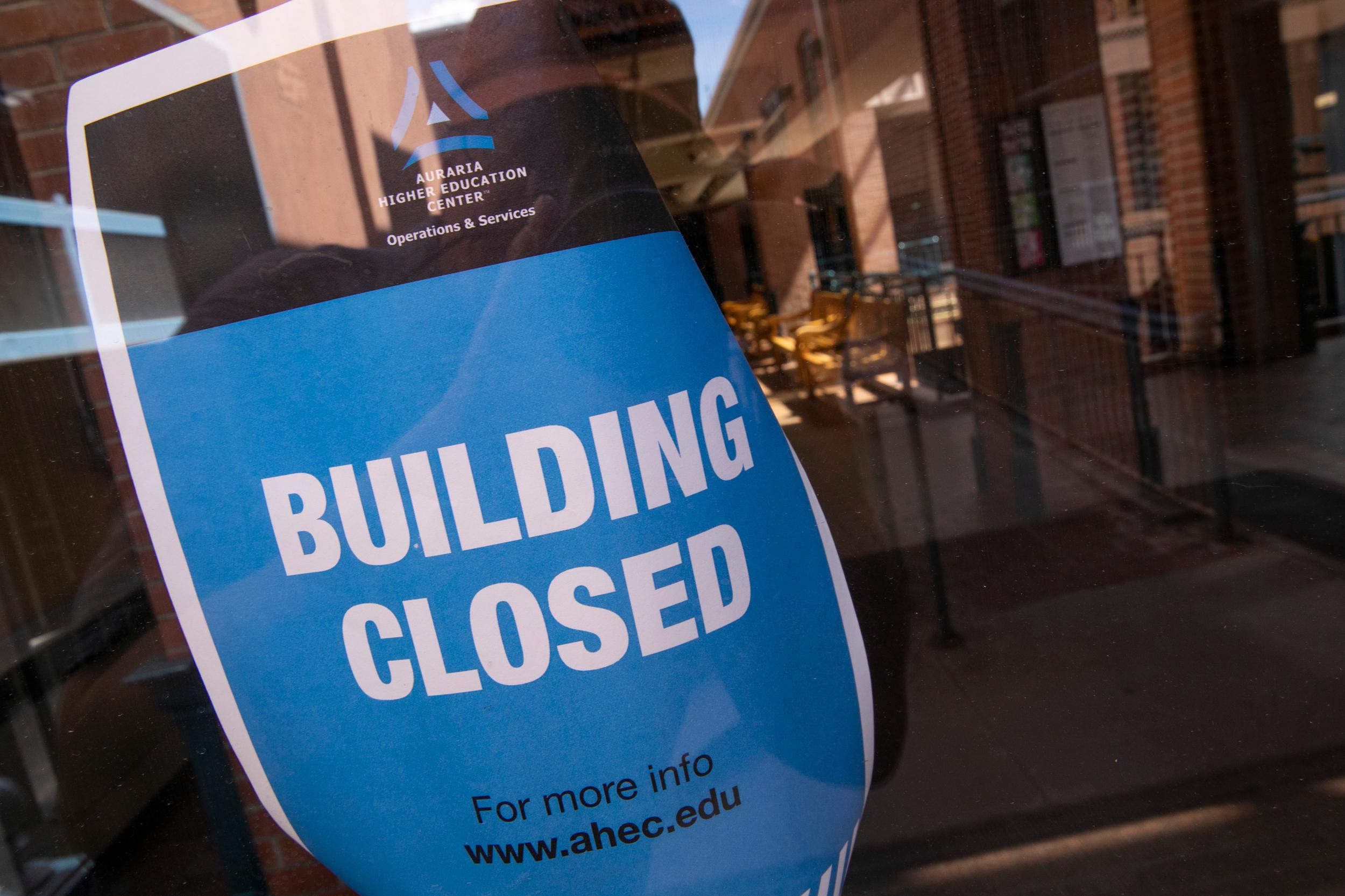
Congress is stuck in a major debate over the next coronavirus aid package.
One division between the Democratic House and the Republican Senate — whether it should help DACA recipients.
The last major coronavirus relief package signed into law, the CARES Act, did not.
It didn’t surprise Estéfani Peña Figueroa, who was brought to the U.S. as a child. She's now a public health student and expects to graduate from MSU Denver this summer.
“I wasn’t expecting anything from federally funded programs, just because of past experiences,” Peña Figueroa said.
Congress earmarked billions in aid for higher education, and schools can use half the money for itself and the other half for its students. MSU Denver received just over $7 million from the federal aid bill to help students struggling to pay their bills in the pandemic.
But the Department of Education issued rules saying only students eligible for federal aid under Title IV could receive CARES money. That left DACA students out.
“The DACA students, and the undocumented students, in particular, they’re among the hardest hit,” said Michael Benitez, MSU Denver’s vice president for diversity and inclusion. “It’s really unfortunate that the Department of Education has decided not to allow for us to support them.”
When the pandemic hit, Peña Figueroa’s mother lost her job as a chef and her step-father’s construction hours decreased. That left her the breadwinner of her family, working at the school as an Immigrant Services Program Assistant.
“We contribute to the economy, we pay our taxes, we work here. We’re good citizens, you know, we respect the law. We still don’t get that type of support from the government,” she said.
Instead, MSU Denver — a designated HSI, or Hispanic Serving Institution — started a fundraising campaign to help its DACA and undocumented students. It has since raised over $67,000 for the Dreamer Emergency Fund.
MSU's Benitez said for his school, ignoring these students is not an option.
“You know, we followed through on who we say we are and what our mission is,” he said.
MSU isn't alone. Colorado State University has also tapping private and institutional funds to help its DACA and undocumented students based on financial need. CSU said it has provided funds to more than 200 undocumented Coloradan students in the same manner they awarded their CARES funding to students who qualified.
There are many in Congress who believe that during this crisis, taxpayer money should only be used for American citizens.
Colorado Republican Rep. Ken Buck introduced legislation that would withhold federal CARES funds from state and local governments that use federal dollars to provide economic stimulus to their undocumented residents.
“With more than 40 million Americans out of work, it is unfair to send hard-earned taxpayer dollars to non-citizens who entered this country illegally,” Buck said in a statement. “We need to prioritize the American people by making sure taxpayers are not subsidizing blue states' plans to give cash payments to illegal immigrants.”
The City of Denver announced Thursday that it would help residents who didn't qualify for federal coronavirus aid through the Left Behind Workers Fund.
“Unlike the federal government, we will not leave some of our friends, families and neighbors behind. We will support all members of our community,” Mayor Michael Hancock said in a statement.
If the City Council approves the plan, the city will provide $750,000 to the fund hosted by Impact Charitable.
Denver residents who lost jobs due to the COVID-19 pandemic and did not receive federal help could be eligible for payments of $1,000 to help with food and bills like rent and health care.








